Online Safety - Helldivers 2
Within the last few months, Helldivers 2 has propelled to immense popularity in the gaming community, with players of all ages enjoying its frenetic combat, humorous presentation, and challenging gameplay. Whether they’re cooperating with friends or competing with strangers, the game has attracted many young players despite its higher age rating. As can be expected from an online game – especially one rated 18+ – there are several inherent online safety risks posed to children and young people who play Helldivers 2; from the content of the game itself to the dangers of interacting with strangers online. Our guide highlights the most prominent hazards of Helldivers 2 and provides you with top tips for keeping its younger players safe.
Online Safety - Ofcom Media Report 2024
On 19th April 2024, Ofcom released their annual Media Use and Attitudes Report, detailing the findings of several surveys and their implications for parents, children and young people in the UK. These statistics often include plenty of thought-provoking information relating to online safety. The report itself is extremely extensive, so instead we've provided a bespoke selection of data gathered by Ofcom about children and young people’s experiences on social media, video games and the like. Check our guide for a thorough breakdown of the headline findings.
Online Safety - Shopping Platforms
Long gone are the days where eBay and Amazon were the only means of buying quality items online. The rise of user-friendly, accessible shopping apps has meant that getting clothes, gadgets and other goodies delivered direct to your door can be accomplished with a few touches of your phone’s screen while you’re on the go. These apps aren’t without their issues, however, and users still run the risk of scams, data breaches and other online safety concerns. Being aware of these dangers will go a long way to keeping your money and information safe, so you can still enjoy what these shopping apps have to offer. Our guide has some top tips to help protect young people on these purchasing platforms.
Energy Drinks - What You Need to Know
While the short-term benefits of energy drinks can be attractive, it's not wise to ignore the potential health risks. Consuming these beverages regularly can have negative effects on the heart and blood pressure, and even cause dependency on these products to keep users’ energy at a ‘normal’ level. Factoring in that it’s illegal to sell these drinks to under-16s, the rise in children and young people using energy drinks is a cause for concern. This marked increase in young people using highly caffeinated drinks to supplement their energy has heightened the risk of these health issues arising in children – at a time in their lives where such impacts can have greater, longer-lasting consequences. Our guide addresses these possible hazards, letting you know how to minimise them for children and young people who like the occasional can.
Top Tips for Parents & Educators - Managing Exam Stress
Most of us have felt the dread of impending exams. The pressure to succeed and not let our loved ones – or ourselves – down can sometimes manifest in ways that are harmful to children’s mental and emotional wellbeing. Several studies have demonstrated that, in a vicious circle, such anxiety impacts our working memory and actually damages academic performance as result. However, there are various solutions to the pre-exam jitters besides simply “getting on with it” – and a little support can go a long way in boosting young people who are suffering from this type of apprehension. To tie in with National Stress Awareness Month, this week’s #WakeUpWednesday guide has some expert tips for helping children and young people to deal with exam stress.
Henry Program - New Course Available!
The next Henry 0-5 will be held at Darwen Family Hub (Lord St) starting on Wednesday April 17th from 12.30-2.30. It is an 8 week programme with a creche available for younger children if needed. Parents/carers can self refer by telephone 01254 585000 or by using the new family hub website https://familyhubsbwd.org/looking-after-your-family/parenting If you have any questions please do not hesitate to get in touch.
Online Safety - What Parents and Educators Need to Know about Township
Potentially addictive online games are nothing new, but the specifics of this kind of media can vary enormously – and, as a consequence, the risks in each individual game are just as diverse. The city-builder Township is no exception: providing its legions of devotees with accessible, satisfying fun … but exposing them to potential hazards at the same time. However, any safeguarding issues that the game might have can (with a little knowhow) be neutralised – allowing young players to have some engrossing fun without adults needing to worry about children’s data, their money or their mental wellbeing. Our guide outlines how to help young gamers enjoy Township safely and responsibly.
Online Safety - Wake up Wednesday - Clickbait
While scrolling online, you’ll almost inevitably have come across posts or links with headlines like “You Won’t Believe These 10 Crazy Facts about …”. Such lurid language – and the often-dubious nature of the content it promotes – has become something of a running joke on the internet. Yet while these articles are often laughed at by communities online, they can have an insidious side. Clickbait, as it’s known, can frequently function as part of a trap: intended to draw users in for the sake of advertising revenue or, in worse cases, masking an attempting to collect their personal information. This #WakeUpWednesday guide explores the various risks of clickbait and offers some top tips for evading the pitfalls of this controversial marketing technique.
10 Top Tips for Parents and Educators: Encouraging Open Conversations at Home
Cultural and technological changes have made the experiences of today’s children vastly different to our own childhoods; it can be challenging to engage youngsters in open, honest conversation – especially about more sensitive topics. This, combined with many children’s instinct to avoid “rocking the boat”, can make it difficult to stay up to date with the goings on in their lives. However, it’s hugely important that trusted adults still offer an empathetic ear and feel able to encourage young people to open up about their day-to-day activities. This #WakeUpWednesday guide provides ten top tips for promoting open conversations with children – helping to make sure there’s someone they know they can turn to in times of need.
Reception - Train Journey
Reception class experienced a train journey today! We walked from school to Darwen Train Station and took the train to Blackburn as we were going to the cinema. The children were so excited and enjoyed talking about the different scenery they could see through the window.
Year 3 - PE - Rounders
This week in P.E. year 3 have been learning to play rounders. They have learnt how to hold the bat, how to ball and field. They played three games during the lesson and played brilliantly and showed great team spirit.
Year 2 - PSHE - Online Safety
In PSHE today, we had a discussion about what the internet is and how we can stay safe online. We focussed on staying safe when playing games and only playing with people we know. If we don't feel safe we TAG it - tell a grown up!
Online Safety - Self Regulation
As infants, we all rely completely on adults to help us resolve situations that are causing us to become upset or stressed. This is known as co-regulation. The next phase, once autonomy has begun to develop, is called self-regulation: this is when children start to become capable of exercising more control over their impulses and behaviour, and managing their own emotions. This vital developmental milestone, however, isn’t reached spontaneously. Learning to self-regulate requires sensitive guidance from trusted adults – simply talking with children about their thoughts and feelings, for instance, can ease the route to self-regulation. This #WakeUpWednesday guide has some expert tips for supporting children to reach this goal.
Online Safety - Monkey
With Omegle finally shutting down in late 2023, the top spot among video chat services is up for grabs – and Monkey has its eyes set on the crown. Randomly matching its users for 15-second conversations, the platform’s developers claim to have created a dynamic online space for people to make new connections and, potentially, even some new friends. Despite these innocuous-sounding intentions, however, Monkey has been criticised for moderation which may not be comprehensive enough to defend against the obvious dangers that unregulated, random video calls pose to the younger element of the site’s userbase. Our #WakeUpWednesday guide tells trusted adults what they need to know about Monkey.
Online Safety - MYLOL
Teenagers’ blossoming interest in romantic relationships and their devotion to online networking is a potent combination – and, regrettably, not always a safe one. It raises all kind of worries about the possibility of sharing intimate images or deeply personal information; and that’s simply with contacts their own age – to say nothing of the chance of connecting with an older stranger. MyLOL – a site which specifically facilitates interaction between 13 to 19-year-olds – has amassed around a million users worldwide, but sadly its safeguarding protocols can’t match that level of success. The ease with which an adult could pose as a teen under a bogus birthdate makes grooming a realistic threat – and that’s far from the platform’s only risk, as our guide explains.
Online Safety - Smartphones
According to Ofcom, 69% of under-18s use a smartphone as their main method of going online. Additionally, 49% of children use them for online gaming – putting smartphones only behind consoles (59%) as the device of choice for playing games on. Most people won’t require such statistical evidence, however, to acknowledge the huge importance of phones to young people. Given that Santa’s recent visit is likely to have bestowed smartphones on an even greater number of young people, it’s a particularly opportune moment to ensure that children are able to use their handsets responsibly – and, above all, safely. From passcodes to parental controls, and from screen time to scams, our #WakeUpWednesday guide has the essential advice.
Online Safety - Freedom of Speech
Freedom of expression is enshrined in international law. Some individuals, however, misunderstand the right to share their opinions as a license to target others with the most horrendous prejudice. So how do we balance people’s prerogative to have their voice heard against everyone’s right to live in a respectful, inclusive society? This conflict frequently unfolds in the digital world. Online posters can be falsely accused of hate speech, while actual hate is often defended as merely being ‘free speech’. To help children and young people learn to identify the boundaries and recognise genuine hate speech when they see it, our #WakeUpWednesday guide provides some helpful definitions and guidelines.
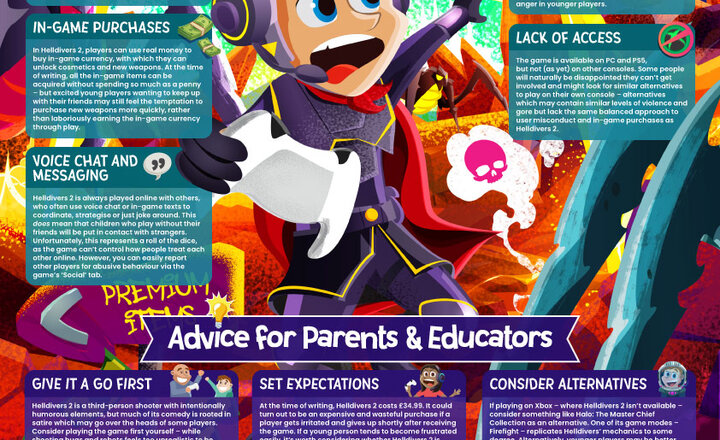
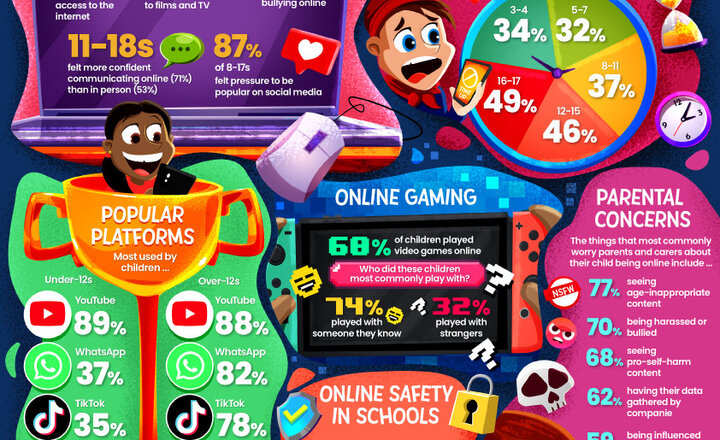
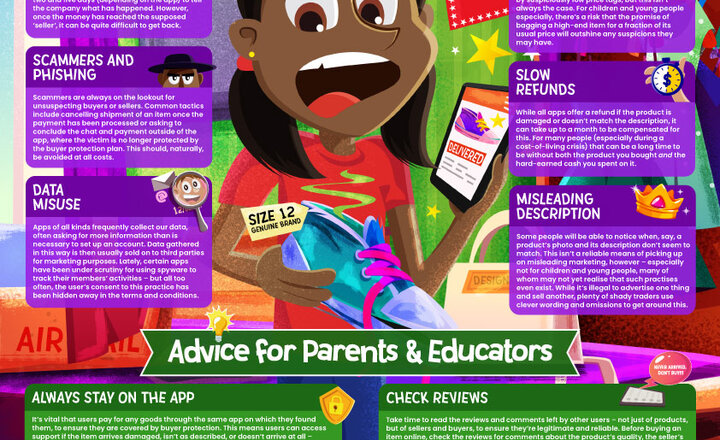

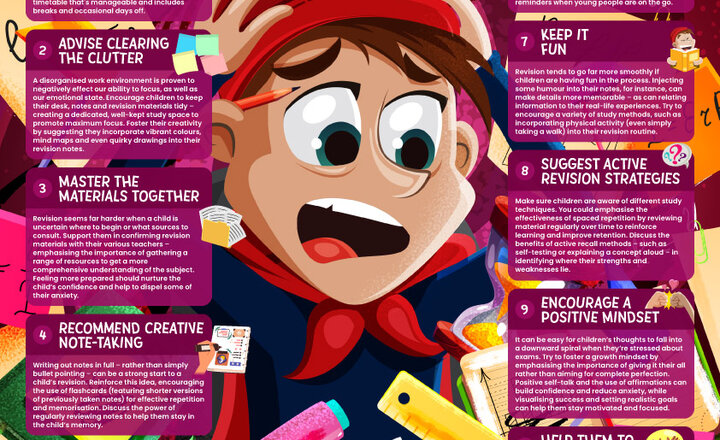
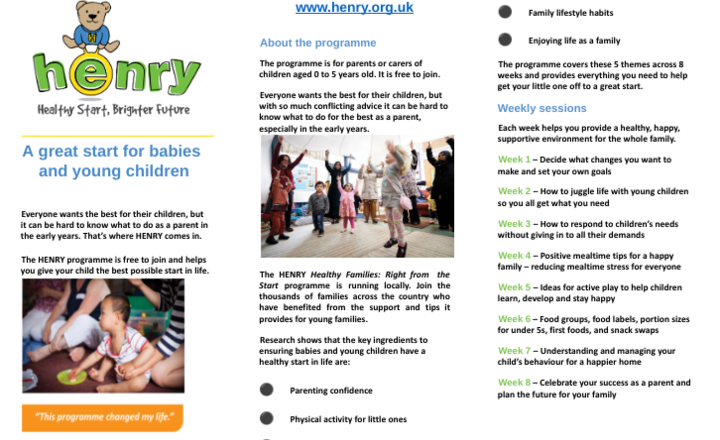
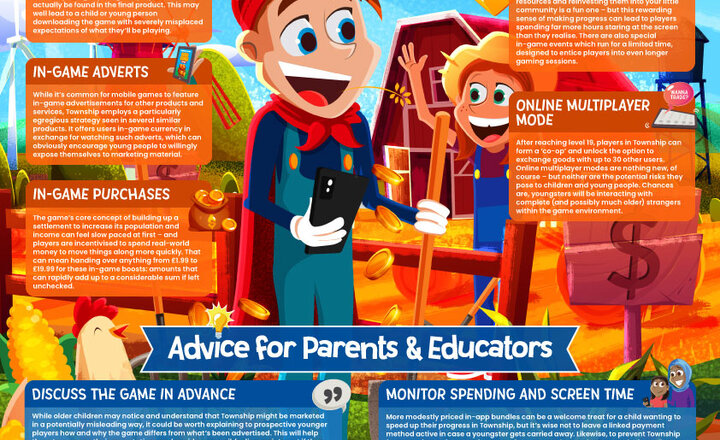
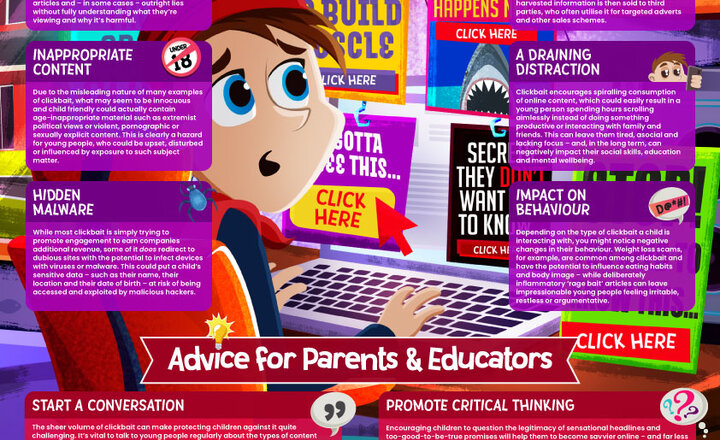
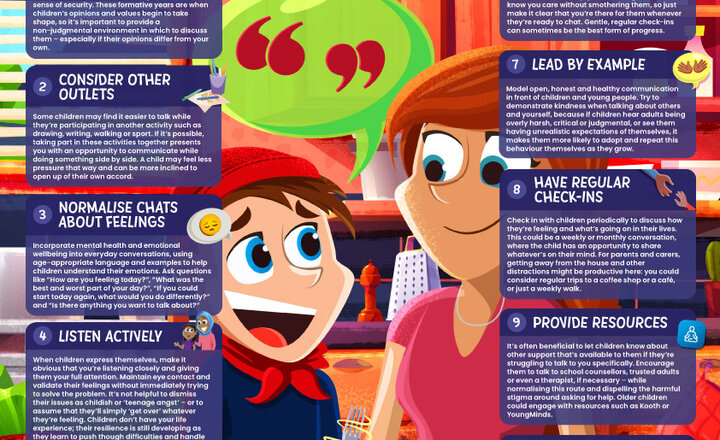
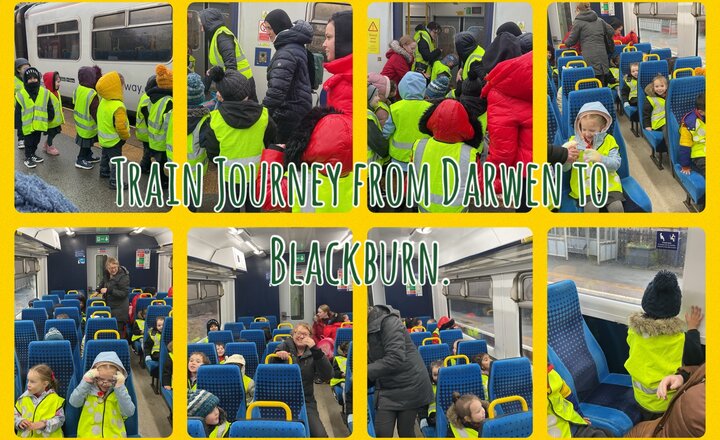


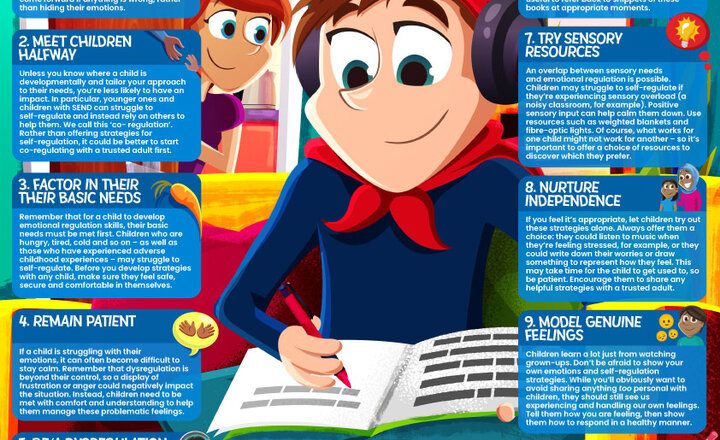

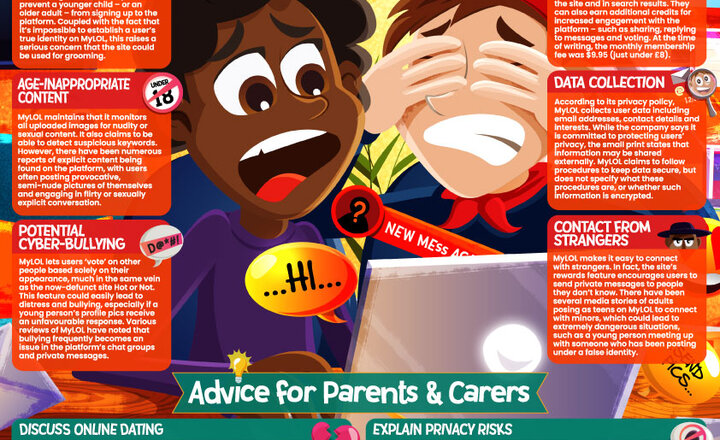
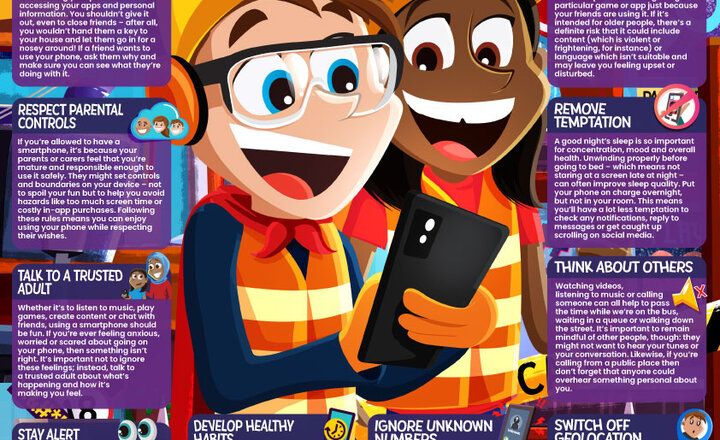
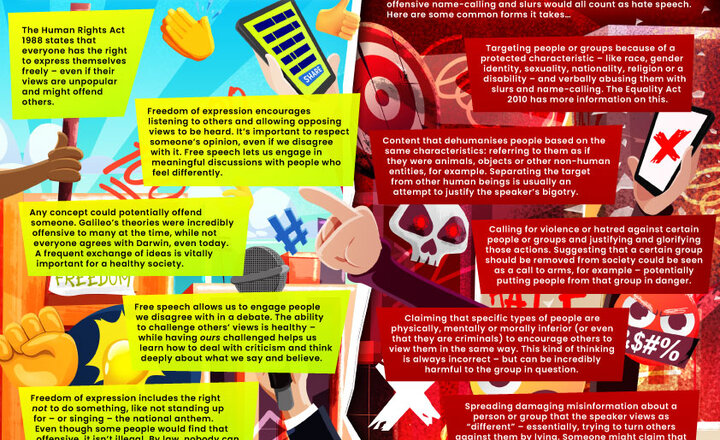
.png)

